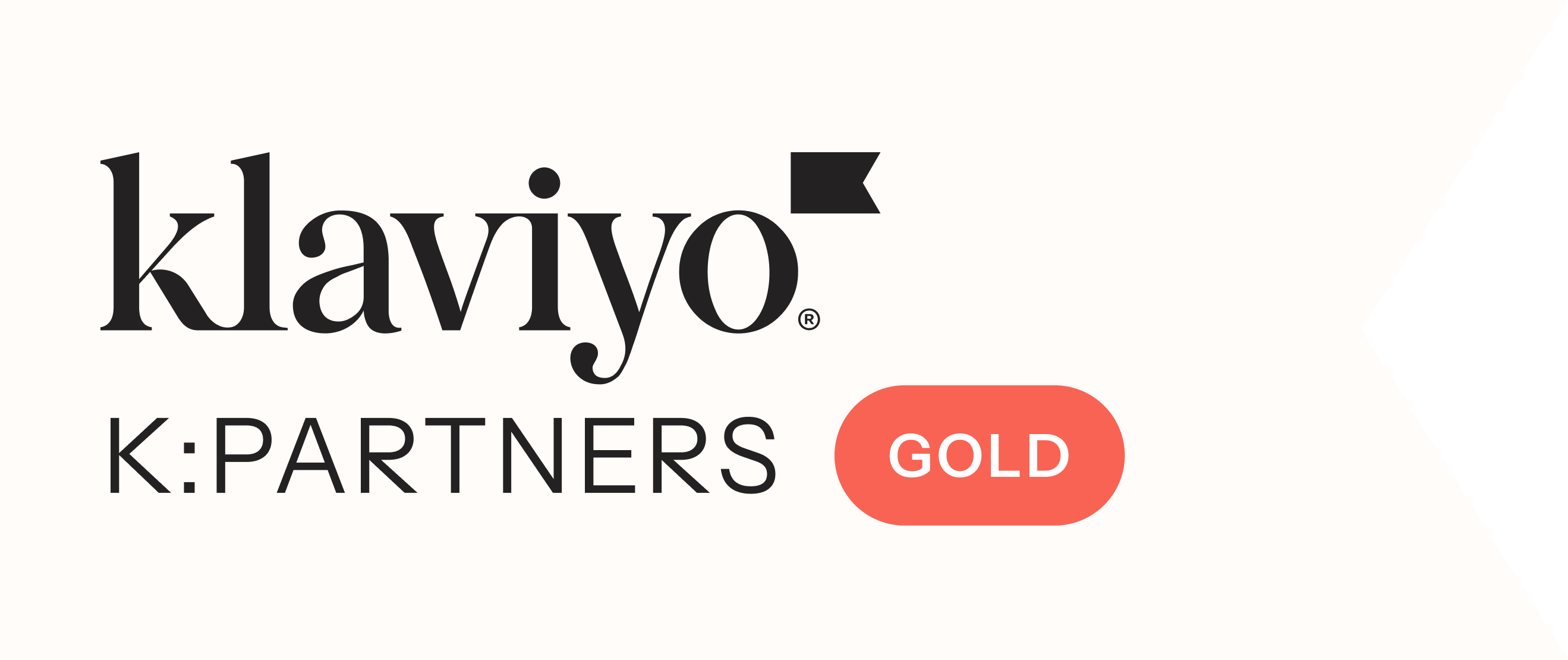Heads up, Google Ads users: payment options are changing for high-spenders.
Google is implementing a new system to manage payments. This change primarily affects advertisers with high campaign budgets, who will need to transition away from credit and debit card payments.
By July 31st, these advertisers will need to switch to more scalable bank-based payment methods such as ACH transfers, wire transfers, or monthly invoicing. This change ensures a smoother experience to manage larger ad budgets and avoids potential disruptions caused by credit card limitations.
Tariq Mohammed, Founder & CEO at 360 OM, shared his insights on the change, “Many high volume advertisers will lose out the opportunity to earn cashback or Amex points to pay for flights and hotels through points accrued on Google Ad spend.”
Why Is Google Phasing Out Cards?
Google Ads is upgrading their tools to make it easier to handle bigger advertising budgets. They’re encouraging high-spending advertisers to transition from credit/debit cards to automated bank-based payment methods.
Here’s why Google is making this move:
- Enhance Scalability: Bank transfers, including Monthly Invoicing and Direct Debit, offer greater flexibility to manage ad spend compared to credit card limits.
- Optimise Cash Flow: Automated payments ensure a more consistent and predictable cash flow for both Google and advertisers.
- Reduce Disruptions: Eliminating potential limitations associated with credit cards minimises the risk of interruptions to ongoing campaigns.
While Google recommends Monthly Invoicing for its 30-day payment window, advertisers can choose Direct Debit for automatic payments if available in their region. This shift empowers high-growth advertisers with greater control and flexibility in managing their advertising investments.
What Is The Potential Impact on Advertisers?
The transition to bank-based payments has many advantages for Google’s monetisation process. However, it’s important to consider the potential impact on advertisers:
Action Required by July 31st
Advertisers must ensure they have a bank-based payment method set up by the deadline to avoid account suspension and potential disruption to their ad campaigns.
- Cash Flow Management: Shifting to automated payments may require adjustments to advertiser cash flow planning.
- Limited Payment Option Choice: While Google offers Monthly Invoicing and Direct Debit, some advertisers might prefer the flexibility of credit cards, especially for smaller, test campaigns.
It’s crucial for affected advertisers to carefully review the new payment options and their financial implications. They should also consider contacting Google Ads support if they have any questions or require assistance with the transition.
Efficiency vs. Adaptability: Striking the Right Balance
The shift towards bank-based payments for high-volume advertisers on Google Ads prioritises automation and streamlined transactions.
However, this change comes with a trade-off:
- Reduced Payment Flexibility: While credit cards offer convenient cash flow management for fluctuating advertising spends, particularly for smaller campaigns or A/B testing, they are no longer an option for impacted advertisers.
- Planning and Forecasting: The predictability of automated bank-based payments necessitates more upfront planning and cash flow forecasting. This ensures they have sufficient funds available to cover ongoing ad costs.
While automation offers efficiency, some advertisers might miss the flexibility and control that credit cards provide to manage their advertising budgets.

Who Needs to Make the Switch?
While Google uses the term “high-growth accounts,” specific details about the criteria triggering this change, such as minimum spend thresholds, remain unclear. Throughout 2024, Google Ads will be notifying impacted advertisers directly.
Here’s who might be affected:
- High-Spending Advertisers: This likely applies to accounts with significant and consistent advertising budgets.
- Manager Accounts: If you manage multiple Google Ads accounts under a single “Manager” account, the central billing for those sub-accounts will also need to be transitioned to a bank-based payment method.
It’s recommended for Google Ads users to be proactive:
- Monitor for Notifications: Keep an eye out for communication from Google Ads regarding changes to your billing options.
- Review Account Spend: Evaluate your typical advertising budget to gauge if your account might be classified as “high-growth.”
- Prepare for the Transition: If you anticipate being impacted, start exploring the available bank-based payment options (Monthly Invoicing or Direct Debit) to ensure a smooth transition by the July 31st deadline.
The Deadline & Next Steps
Google positions Monthly Invoicing as the ideal solution for impacted advertisers. According to Google Ads Liaison Ginny Marvin, it offers “flexibility” for high-growth accounts. She emphasises a smooth transition and highlights the launch of “new tools and features” to assist advertisers and minimise disruption.
Talking about the update on X, Marvin wrote:
“We notified a small segment of advertisers that the billing options available for their Ads accounts are changing. This means that some customers will move to bank payments via monthly invoicing or direct debit from a bank account. To make this transition as easy as possible, we already launched new tools and features to help customers through this process and to ensure minimal disruption to their accounts.”
The deadline for affected advertisers to switch to a bank-based payment method is firm: July 31st. Failure to do so by then could result in account suspension, potentially disrupting ongoing advertising campaigns.
Need a fresh perspective? Let’s talk.
At 360 OM, we specialise in helping businesses take their marketing efforts to the next level. Our team stays on top of industry trends, uses data-informed decisions to maximise your ROI, and provides full transparency through comprehensive reports.












.png)




